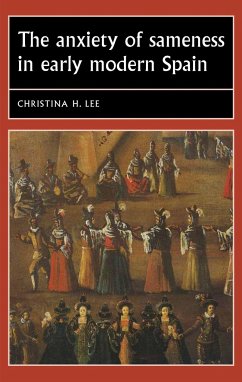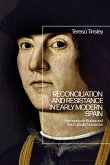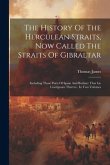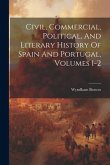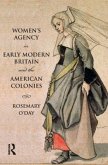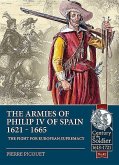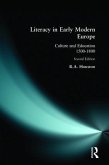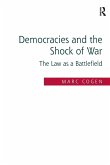This book explores the Spanish elite's fixation on social and racial 'passing' and 'passers', as represented in a wide range of texts. It examines literary and non-literary works produced in the sixteenth and seventeenth centuries that express the dominant Spaniards' anxiety that socially mobile lowborns, Conversos (converted Jews), and Moriscos (converted Muslims) could impersonate and pass for 'pure' Christians like themselves. Previous scholarship has postulated that the social energy that led to the widespread marginalisation of non-elites had its roots in the nobility's rejection of sociocultural and genealogical heterogeneity. This book makes a key intervention in this discussion by proposing that there was a parallel phenomenon at play during early modernity: the anxiety of sameness. It argues that while conspicuous sociocultural and ethnic difference was certainly perturbing and unsettling, in some ways it was not as threatening to the dominant Spanish identity as the potential discovery of the arbitrariness that separated them from the undesirables of society - and therefore the recognition of fundamental sameness. The book provides fresh readings of the works of Cervantes, Lope de Vega and Quevedo, as well as analyses of lesser known works, such as joke books, treatises, genealogical catalogues and documentary accounts. This fascinating and accessible work will appeal to undergraduate students and seasoned scholars alike, in the fields of Hispanic studies, European history, cultural studies, Spanish literature and Spanish history.
Hinweis: Dieser Artikel kann nur an eine deutsche Lieferadresse ausgeliefert werden.
Hinweis: Dieser Artikel kann nur an eine deutsche Lieferadresse ausgeliefert werden.

